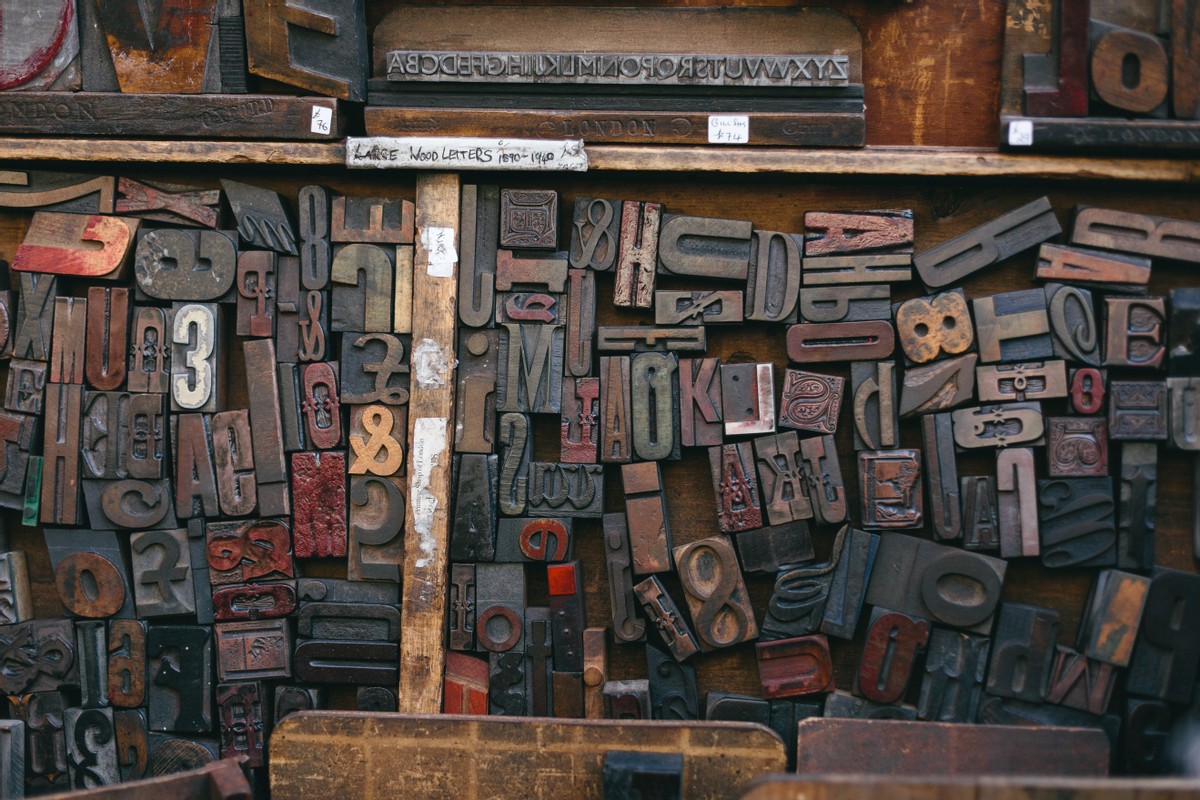
I've thoroughly read Seneca's letter №4, dedicated to readiness for death for the most part. Additionally, recently, I had a dispute with my close friend about this Stoic approach. We exchanged our opposing opinions on this matter. My friend presumes that preparing yourself for death will decrease your ability to feel emotions and weaken your desires for other aspects of life. Maybe I've oversimplified her explanation. Anyway, I see the huge profit of preparedness for our main fears. Let me explain my point.
Seneca wrote about the fear of death, however, the majority of us don't think about this ultimate event on the whole. I am not an exception. I am afraid of much more the pain or suffering associated with death than with uncertainty of my being after death. In my personal rank of the strongest fears my death is not a leader. I am indeed concerned about the lives of my children and my elderly mother. Due to my extroverted personality, I don't poison my mood with these kinds of concerns on a daily basis. However, I have a couple of friends who do. I assume these people may cure themselves using Seneca's method.
One funny thought came to my mind during the reading. We read a lot that death should frighten mostly atheists because believers have an afterlife. On the other hand, this afterlife is full of punishments according to most religions. Atheists aren't afraid of anything like that and my friend's attitude is proof of it.
Another useful thought visited me when I realized that I already use Seneca's recommendation for some of my fears. For example, understanding the finiteness of love scares me out of my wits. It would have spoiled my feelings and intentions, if only I hadn't prepared myself for the inevitable. From own experience, I may claim that this inner readiness for loss doesn't make you less alive or eager (this argument is for my friend, who will read this post). On the contrary, you appreciate every upcoming moment of your happy existence and every moment spent with your love. It seems I learned that at the beginning of Russia's invasion of Ukraine. Before that, I never lived and made decisions with one day's perspective (when you feel like there's no tomorrow). I would say that this fatalistic attitude towards daily life is significantly sharper (and more delightful) in comparison with my previous way of thinking.
To sum up, I like Seneca's advice of preparation ourselves for the worst. I think it rather relieves us of the pressure of fears than it makes us feel less alive. Any fear is a poison, so the less of this emotion the better.
I see it the same way as you. For me death itself is not scary, however the associated possible pain is nothing I am looking forward to. Also, when someone dies there is always some kind of aftermath. Emotional for sure, but also the need to handle loose ends amd bring everything in order. That's more of a problem for the people left behind, though. But the person, who is going to die, might worry about that before death. So, this might add to the fear of death.
I totally think, we as a society need to normalise death again and many more things. (I mean we need to be able to talk about it in a normal, relaxed way. Not freaking out about it, because it's a taboo.) Nowadays even giving birth and breastfeeding is getting sexualised. The beginning and end of life is not seen as something natural anymore. It's quite sad.
title: Preparing To Face One's Fears